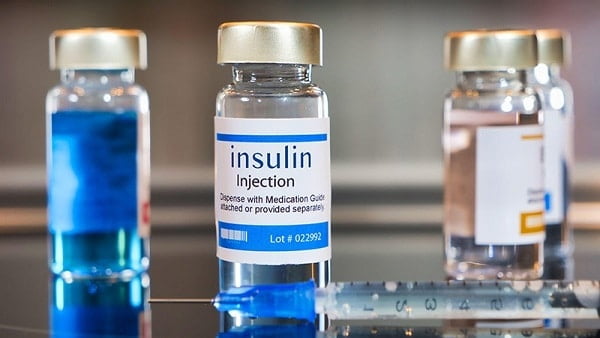What is Hyperkalemia?
Hyperkalemia is a type of medical condition that describes a high level of potassium in the blood. While potassium is an important nutrient that the body needs to have functioning nerves and muscles, too much of this nutrient can cause serious heart conditions. Once the body is supplied with a great deal of potassium, it can be very dangerous to an individual’s health.
The normal potassium level within the blood is 3.6 – 5.2 mmol/L. If you are tested to have a surge of your potassium level and has exceeded 6.0 mmol/L, immediate medical treatment is necessary to prevent different health complications from emerging.
Causes of Hyperkalemia
There are a few health factors that cause hyperkalemia to occur. Consider the following:
Kidney Disease/Problem
The main functions of the kidneys are to remove waste products from the body and help in balancing the flow of body fluid by filtering it. It also balances the amount of potassium ingested through the body. When the kidneys are not able to function well, it becomes ineffective in removing potassium from the body. This occurrence enables the potassium levels to increase following the uncontrolled surge of potassium supply from the food and liquids we intake. It explains why kidney disease is the main cause of the said medical condition.
High consumption of potassium-rich foods
Consuming a great deal of food that is considered high in potassium can lead to hyperkalemia. It can cause kidney disease, which in return can trigger the medical condition hyperkalemia.
Types of Drugs
There are different types of drugs that a certain body can take depending on the health concern. For this instance, there are actually medicines that prevent the kidney organs from removing a moderate amount of potassium from the body. It results in a surge in potassium levels.
Symptoms of Hyperkalemia
The following are the symptoms involving hyperkalemia:
- Muscle weakness
- Numbness of the body
- Tingling sensation
- Nausea
- A general feeling of discomfort
- Shortness of breath
- Irregular heartbeat
- Pain in the chest
- Vomiting
The mentioned symptoms do not usually occur to many people. However, if these appear, make sure you can contact your healthcare professional at once. As hyperkalemia can happen very suddenly, it can be very dangerous. Since this is a life-threatening medical condition, urgent medical aid is necessary.
Treatment Involving Insulin
Insulin is the main treatment source for people who experience hyperkalemia. It is a type of hormone that functions by driving potassium into the body’s cells and stimulate electrolyte uptake. As insulin is used to control the surge of blood glucose level, it also does the same to the high levels of potassium. Insulin pushes the potassium to the cells and preventing the said nutrient from residing within the bloodstream. Other treatments will include the use of intravenous calcium and drug consumption to help in stabilizing the status of potassium in the body.


